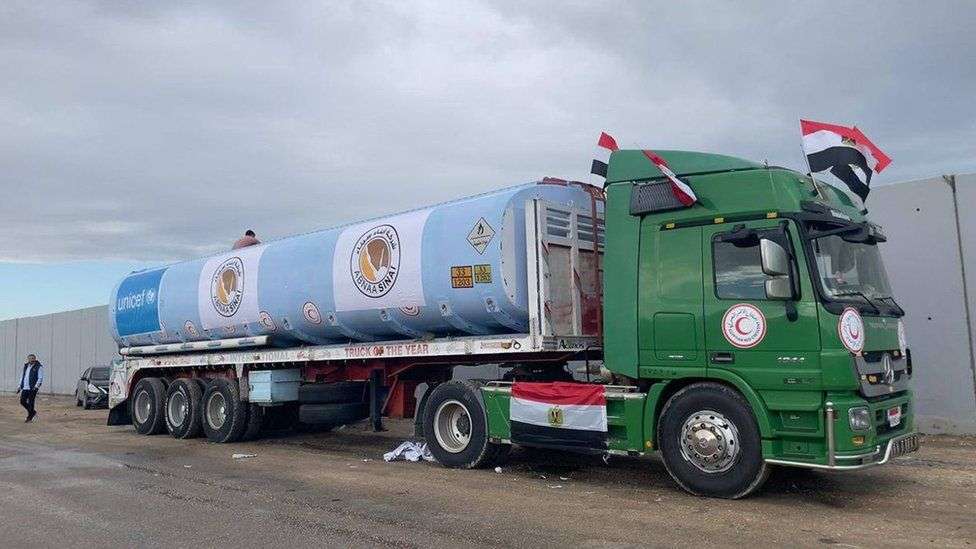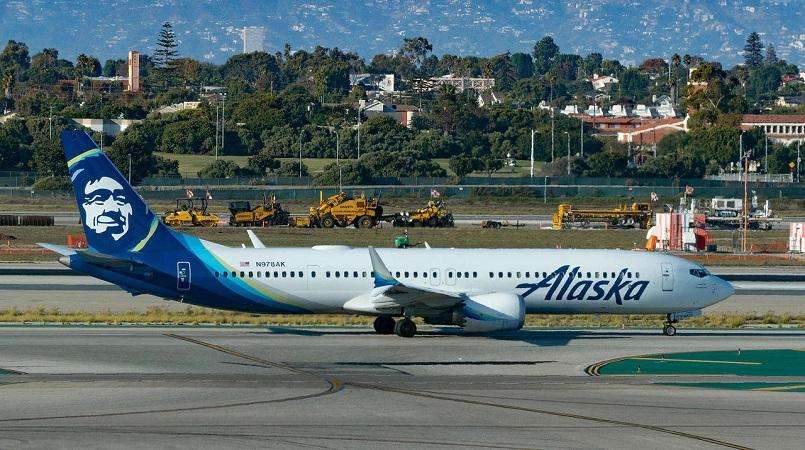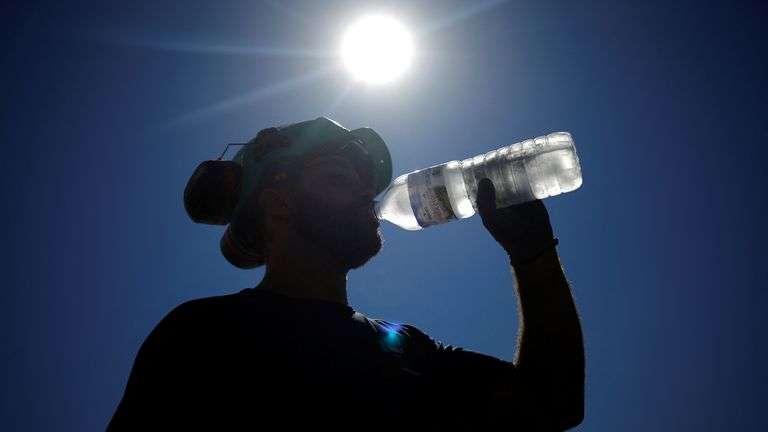A tanker has delivered fuel to Gaza for the first time since the war between Hamas and Israel began five weeks ago.
A senior UN official said it had received 23,000 litres (5,060 gallons) of fuel via Egypt's Rafah crossing.
But he warned that Israeli authorities had restricted its use to transporting aid into Gaza, and that none could be used to power hospitals or water pumps.
Israel has been blocking all deliveries of fuel, saying it could be stolen by Hamas and used for military purposes.
An Israeli defence ministry body said it had agreed to allow UN aid lorries to be refuelled following a request from the US government.
The decision came hours after Israeli troops raided Gaza's largest hospital, Al-Shifa, which has been the focus of days of fighting and seen nearby air strikes.
Israel launched a major military campaign to destroy Hamas - which it classes as a terrorist group - and began a siege of Gaza in retaliation for a cross-border attack by hundreds of gunmen on 7 October, in which at least 1,200 people were killed and about 240 taken hostage.
Gaza's Hamas-run health ministry has said 11,000 people have been killed in the territory since then and the UN has warned of a "humanitarian disaster".
The UN agency for Palestinian refugees, Unrwa - which runs the largest humanitarian operation in Gaza - said on Tuesday that the lack of fuel meant it could no longer unload or distribute aid from lorries that arrived at Rafah.
Although Wednesday's delivery means the UN will now be able to fill up its vehicles, Israel has banned it from using any of the fuel to provide basic services to 1.5 million people who have fled their homes, more than half of which are sheltering in Unrwa facilities.
"Our entire operation is now on the verge of collapse," Unrwa's Commissioner General, Philippe Lazzarini, wrote on X, formerly known as Twitter.
"By the end of today, around 70% of the population in Gaza won't have access to clean water," he added. "To have fuel for trucks only will not save lives anymore. Waiting longer will cost lives."
The agency's Gaza chief, Thomas White, said 23,000 litres represented only 9% of what it needed daily to sustain life-saving activities and demanded that aid "be delivered based upon need - not based upon conditions set by parties to a conflict".
Earlier, Mr White said all three sewage pumps and 10 water pumps in the southern town of Rafah had stopped working because they had run out of fuel, as had the desalinisation plant in the nearby city of Khan Younis.
Al-Amal Hospital in Khan Younis has also been forced to halt all services except for emergencies and 24 ambulances have been taken out of service.
Many other health, water and sanitation facilities have already been forced to shut down across the Strip due to lack of fuel, damage, attacks and insecurity.
Palestinian telecommunications firms have also said that they expect to switch off phone and internet services on Thursday due to a lack of fuel for data centres and exchanges, according to the UN.
The Netblocks internet observatory said on Wednesday that metrics showed a new gradual decline in internet connectivity in Gaza and that residents' ability to communicate was likely to be reduced.
On Tuesday, 91 lorries carrying food, medicines, health supplies, bottled water, blankets, tents and hygiene products entered Gaza from Egypt, the UN said, bringing the total since the Rafah crossing reopened on 21 October to 1,187.
The UN has described that as a "drop in the ocean", noting that about 500 lorries would cross into Gaza each day on average before the war began.








